What makes a good podcast? How about a great podcast? In this episode, Emily and Steve discuss the best ways to create a valuable message to grow your podcast audience as well as how companies should be approaching podcasting as a new form of content marketing. They also discuss emerging opportunities with audio content and voice assistants like Alexa, Google Assistant, and Siri.
039 - Katherine Prescott: Alexa Privacy, Echo Show 5
Katherine Prescott is the Founder and Editor of VoiceBrew, a digital media company dedicated to helping people get the most out of Alexa. We discussed privacy on Amazon Alexa as well as the future of #voicefirst advertising. Which tech company's business model has true alignment with the end user, examining Amazon, Apple, Google, and Facebook.
Katherine Prescott is the Founder & Editor of VoiceBrew, a top resource for Alexa tips and best uses
Topics and timestamps:
Privacy - Amazon Alexa - is she recording?
Amazon Echo Show 5 announcement - new features, especially for greater privacy and user data control
When is Alexa recording vs listening?
How do I control my privacy settings on Alexa?
3.10 This privacy dialogue is healthy - it improves voice assistants for consumers
Echo Show 5 has a new camera shutter and the ability to say “Alexa, delete everything I said today”
4.20 Alexa app is not the focus
5.00 Discoverability is the ultimate challenge
5.05 It’s called the 5 but this refers to the 5.5 inch screen - is same as third gen echo
5.10 Why the Echo Show 5 is such a big deal - compelling land grab for affordable smart display space
6.10 Like the shift from radio to TV, third party Alexa skills will improve dramatically because of multi-modal
10.04 Will smart display pave the way for advertising? Banner even? Less intrusive than voice? Alexa diplsay ads?
10.50 Emily: sponsorship and brand preference will be paid for - that will be the advertising, unlike previous digital like banner ads or PPC
11.30 Katherine: Tech giants are shifting toward privacy as a feature
13.15 Business model and alignment - Amazon, Apple, Google, Facebook. Great point from Katherine.
14.02 Google's pitch: we provide free services and collect your data.
14.27 Think of privacy in broader context - we are in the early innings of voice
See this post on Instagram and follow @beetlemoment for #voicefirst news
Sources:
Echo Show 5: https://www.techradar.com/news/amazon-echo-show-5-everything-you-need-to-know
"Buried in this morning’s Echo Show 5 announcement are a couple of new security features worth highlighting. In addition to the inclusion of a built-in camera shutter on the new smart display are a pair of Echo commands that let users delete voice recordings with an Alexa command." -https://techcrunch.com/2019/05/29/amazon-adds-alexa-delete-what-i-said-today-command/
Enjoy this episode about #voicefirst marketing and technology? Please leave us a review! 1) Click “Listen in Apple Podcasts”, 2) Click “Open in iTunes:, 3) Click “Ratings and reviews”. Thanks!
036 - Monopolies: AT&T Yesterday, Facebook and Google Today - Robert Binder
Robert Binder is a Senior Engineer member of the technical staff at the Software Engineering Institute of Carnegie Mellon University. He has 43 years of experiencing working in technology on everything from mainframe computers to embedded cyber physical systems, including work in institutions in financial markets in Chicago including the CBOE (Chicago Board Options Exchange).
We talked about how the drivers of economics and business are sending Facebook in the same direction AT&T was sent. Topics include:
Classical Economics
The Network Effect
The Monopolist's Demand Curve
When it came to AT&T's breakup in the 1980s, it was not just the new technology that mattered, it was the business opportunities created at that moment. Capital investment and risk taking and entrepreneurial activity that resulted happened at a very large scale.
Customers used to lease landline phones from AT&T.
Timestamps:
3:15 How Robert got involved with software in 1976
4:00 2 GTE software project the theory of the firm monopolist's demand curve
2.40 Robert's project with GTE Automatic Electric, which operated specialized telephone networks. At the time AT&T operated all the wires and owned all the phones. People leased their home phones from AT&T.
The deregulation in 1985 of ATT opened the door for cellular networks and led to what we have today; this is a hugely complex topic. But we discussed a few aspects.
6:00 The Theory of the Firm
6:15 In a competitive market, no individual company can control price; they price based on supply and demand
6:43 The Monopolist's Demand Curve
7:09 Martin Shkreli and high cost drug monopoly- ‘Pharma bro’ Martin Shkreli sentenced to 7 years in prison — says, ‘This is my fault’
9:20 AT&T was a monopoly but they made more money by charging less - not gouging customers even though they could
10:00 Facebook is the greatest deal in advertising but is quickly increasing in cost
11:02 The power of monopoly is a street that cuts both ways for Facebook (privacy issues, scrutiny)
11:20 Most users don't realize Facebook owns Instagram or that user data is the product - the model is much more complex than AT&T's monopoly
12:20 In the 1930s people realized that if the telephone system was to grow, they would need to employ an inordinate amount of humans to man the switches - not scalable
13:20 Was there skepticism about technology like the telephone like there has been for the PC, the smart phone, email, and now voice technology?
13:50 Long distance calls were expensive
14:15 New technology, when scalable and affordable, can be adopted readily and becomes quotidian
14:30 The Network Effect (the value of a network increases to a power of two with the number of connections) - exponential growth







